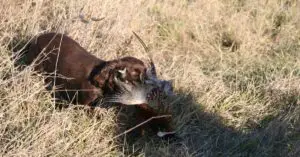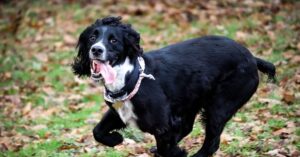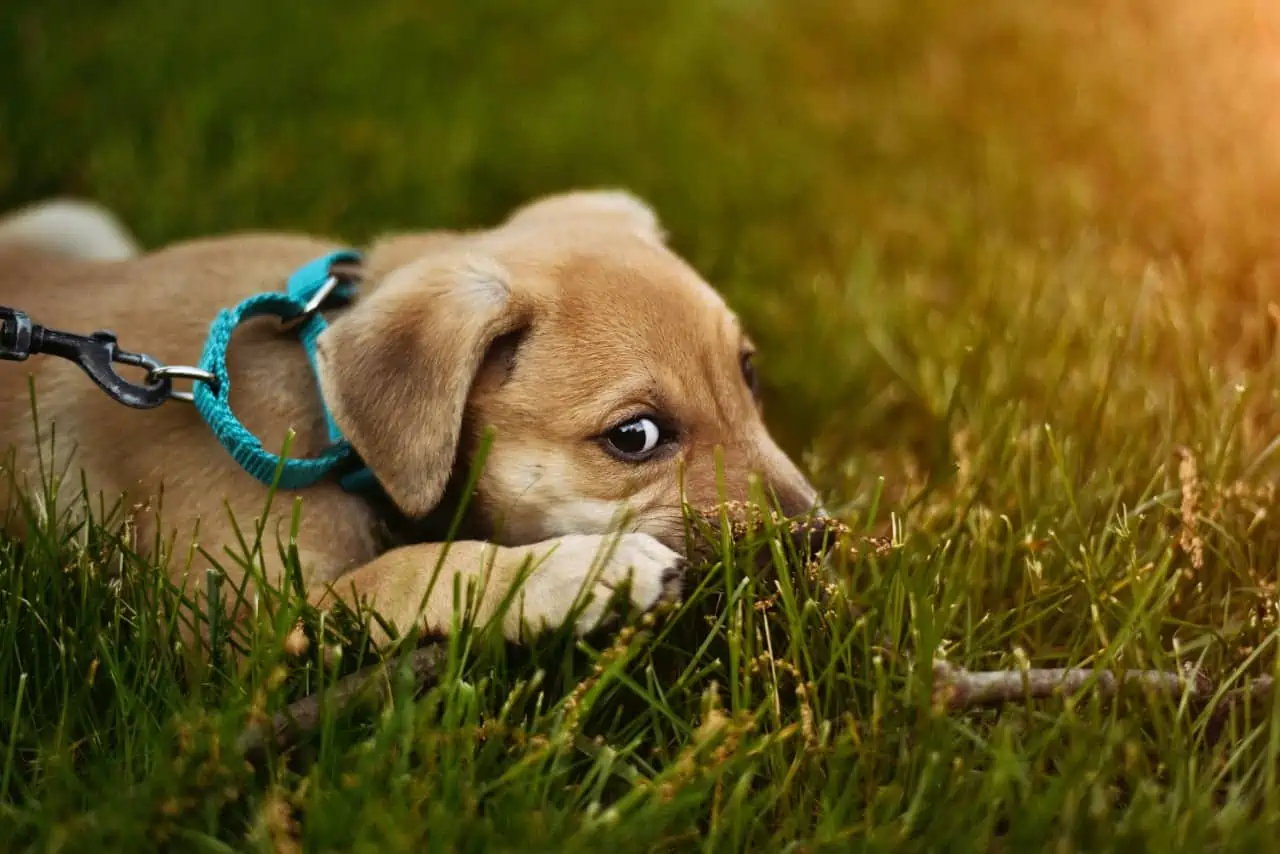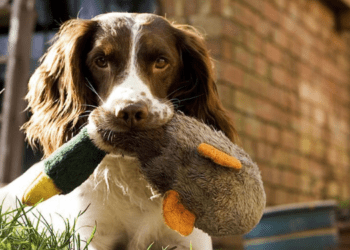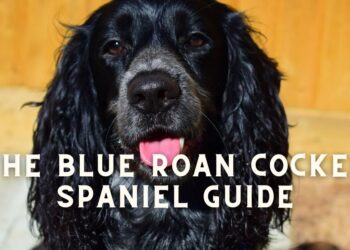Known for their goofiness and long flowing layers of fur, Cocker Spaniels are undoubtedly one of the best companion dogs. However, the breed was originally bred as a gun dog and was a valuable partner for hunting and retrieving games.
Thus, to keep their gun dog tendency going, the AKC (American Kennel Club) and other regulatory institutions often hold ‘Cocker Spaniel Field Trials’ every few years.
Table of Contents
- 1 So, what is the Cocker Spaniel Field Trial?
- 2 When did the Cocker Spaniel Field Trial originate?
- 3 What happens during the trials?
- 4 How are the points given?
- 5 What is the National Open Field Trial for Cocker Spaniels?
- 6 What are Puppy Stakes?
- 7 Are there any eligibility requirements for the Field Trials?
So, what is the Cocker Spaniel Field Trial?
As the name suggests, the Cocker Spaniel Field Trial is a series of competitive sports arranged specifically for the breed. The purpose of the trials is to show the gun performance of a properly trained Cocker in the field.
In this arrangement, various kinds of sports are arranged for both the handler as well as the pooch to participate and test their compatibility with each other. Ranging from hunting to flushing out the game and retrieving it, this is where the ultimate training and personality of the canines is tested.
When did the Cocker Spaniel Field Trial originate?
The first ever Spaniel field trial dates back to 1899 which was held in Britain, followed by the US. Started initially in the 1920s in the United States, the game has a huge fan following all over the world. While this has led to organisation of field trials in almost every country now, the rules are pretty much the same.
This game is monitored by a set of judges that monitor different areas of the Cocker Spaniel’s intelligence, courage and willingness to hunt and retrieve. However, some countries also make it a point to judge the handler’s professionalism and control on their pooch. These games may include a live game or have planted game birds to induce their prey drive.
Moreover, some countries like the United States and institutions like the AKC also add field trials on both land and water to make the trials even more fun. The Spaniel is allowed to search and flush out the game, which can either be marked (based in a set area) or blind retrieves (without any boundaries) to judge their retrieving style. For larger areas, a group of Spaniels may also be used, depending upon the judge’s consent.
What happens during the trials?
The whole trial is divided into three major phases, including an occasional water series, based upon the country and institution. A judge, and often a set of judges monitor the whole scenario, giving scores to successful flushes and pointing out failures. The fails are then excused from further consideration into the prevailing trial.
To make it easy to understand, here’s a breakdown of the whole ordeal. So, let’s get into it.
Phase 1 & Phase 2
In these two phases, the judge may ask one or two handlers to be ready with their Cockers at the starting line. The handler’s work here is to guide the canine along the designated course, and instruct retrieval of their allotted games. The marks are given based upon the pooch’s response to their handlers cues and the time required to complete the given tasks.
In case two dogs are competing with each other, the teams will be allotted two separate parallel running lines with typically two or three games in each series. The team will have to find the target and retrieve it within a stipulated time in a brace situation or until one side commits an error. The errors in such field trials include: breaking the rules, not honouring the other side’s game, failing a retrieve, hard mouth, pointing, poaching on the other side, and passing a bird. In case the team fails, they will have to excuse themselves from the existing Cocker Spaniel Field Trial.
Additionally, in Phase 1 and Phase 2 the only differentiating factor is that the judges are exchanged from one team to the other to ensure fair play and efficiently judge the team’s capabilities.
Phase 3
After the successful completion of the two phases, the Phase 3 starts with the judges calling on the top dogs and their handlers back into the arena. These remaining teams are then subjected to individual running courses, rather than braced like the previous two phases. Two judges are assigned to judge the performance of each team individually and simultaneously score them.
These scores are then finalised to find the top performing candidate in each stake. From here the judges may either add an additional water series where the canines have to flush and retrieve the game from water bodies or run them through alternate stakes to find the Field Champion (FC) for Open Stakes, and Amateur Field Champion for Amateur Stakes from amongst them.
How are the points given?
Generally each category requires the Cocker Spaniel and its handler to have two wins and a water test or a score of 10 in two out of three phases. The team scoring the top position gets 10 points, followed by second place with 3 points, third place with 2 points and fourth position with 1 point.
All of these are then added to the final score before deciding the FC or AFC of the year.
What is the National Open Field Trial for Cocker Spaniels?
While the Cocker Spaniel Field Trial is a local series of competitive sports, the National Open Field Trial for Cocker Spaniels is a once-in-a-year arrangement of hunting and flushing sports. This is typically held in late November or early December, however some countries may hold it sooner, depending upon their winter climate.
All dogs placed in the top positions of the Open or Amateur Stakes are given a chance to participate in the National Open Field Trials which is divided into a game of five phases. The first four series are done in a braced situation while the last one is essentially a water series.
Finally, the Cocker with the highest of points earns the title of National Field Champions (NFC) for National Open Field Trials and National Amateur Field Champions (NAFC) for the National Amateur Field Trials. This position also allows them to have the position of FC or AFC, in case they didn’t have the title previously.
What are Puppy Stakes?
Widely popular for the fun and beautiful interactions, some institutions also run Puppy Stakes allowing Cocker Spaniels aged between six months to two years to participate in hunting and game flushing. The whole thing is completed within a single series only with the entries running unbraced.
All the other things, including judgement and scoring is done using the same criteria as that of the Cocker Spaniel Open Field Trial (adults) and top puppies are given rewards. However, winning in Puppy Stakes isn’t counted as a win in Championship Titles, rather it is a source of fun and invokes a sense of discipline in working Spaniel pups.
Are there any eligibility requirements for the Field Trials?
Indeed, there are some rules that the teams should follow to ensure a successful entry into the Trials. They are:
- Breed Standards- The canine should only be a purebred Cocker Spaniel, English Cocker Spaniel or an English Springer Spaniel.
- Must have completed 6 months of age on the day of the event.
- Must be AKC Registered.
Apart from the above-stated ones, there are also exceptions for spayed or neutered dogs in the Trials. However, a canid in season is not eligible to enter the grounds under any circumstances when the Trials are in progress.
For more information on the eligibility conditions, you can check the Field Trial Rules and Standard Procedure for Spaniels and prep up according to that.
So, this was all about the Cocker Spaniel Field Trial. For more queries, don’t forget to put your questions in the comment section below.
If you are a dog lover then, Subscribe to our weekly newsletters. No Spams!

